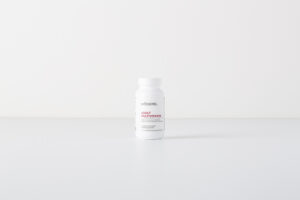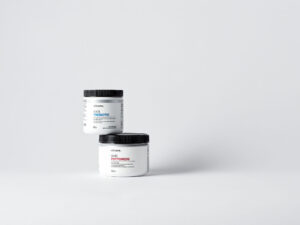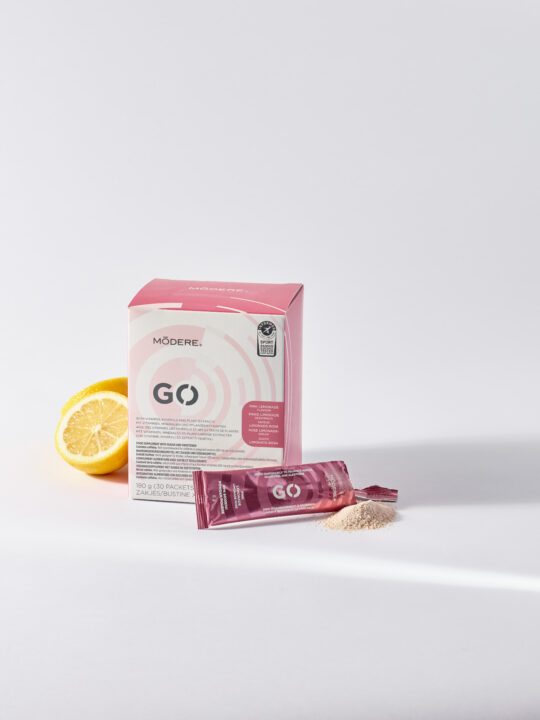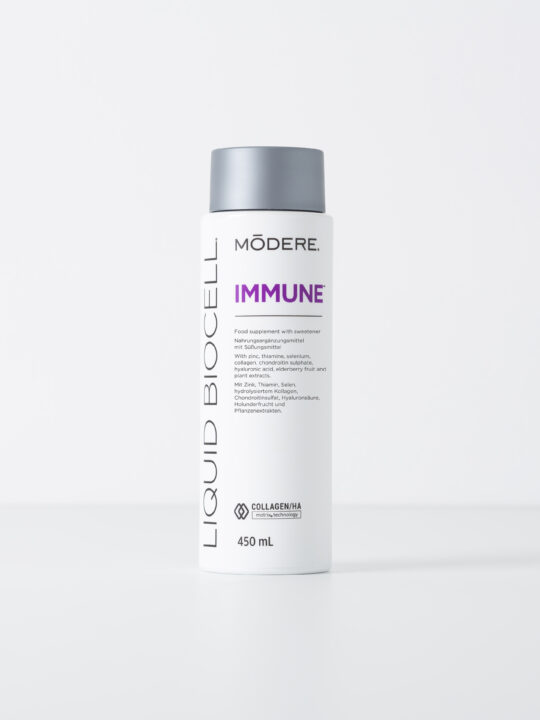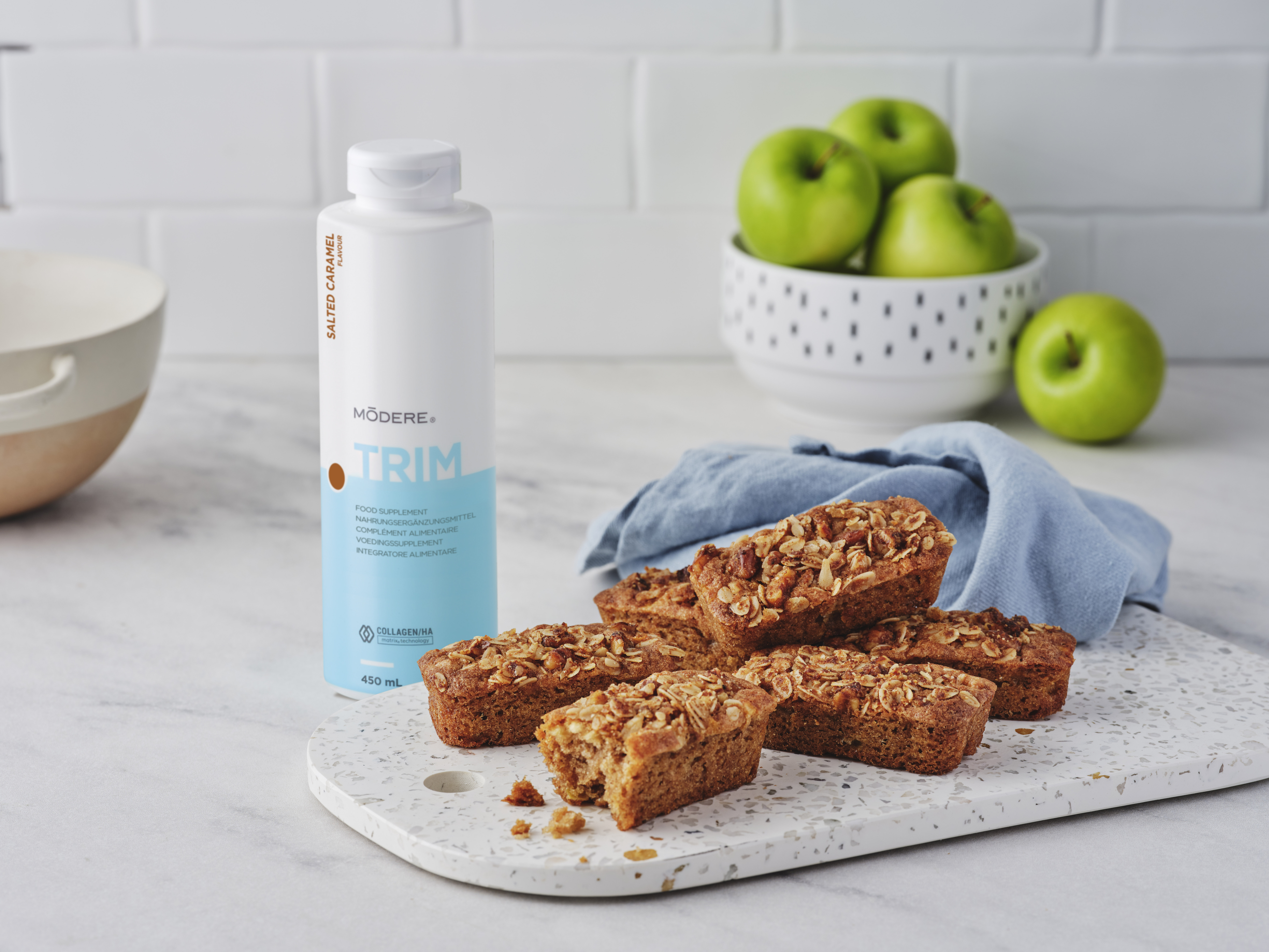As the cooler months approach, it becomes increasingly important to prioritise the health and strength of your immune system. A robust immune system helps fend off common seasonal illnesses and plays a crucial role in maintaining overall well-being. In this blog, we will explore the significance of a healthy immune system, discuss environmental factors that can impact it, highlight key nutrients to focus on for immune support and share 4 supplements you can integrate to give your metabolism that extra helping hand on the long and short term.
Why a Healthy Immune System Matters:
A healthy immune system acts as a shield, defending your body against harmful pathogens that can lead to illnesses. During the colder months, when you tend to spend more time indoors and are exposed to crowded spaces, your immune system faces increased challenges. By bolstering your immune system, you can reduce the likelihood of falling ill and maintain optimal health throughout the winter.
Environmental Factors and Their Impact:
Several environmental factors can positively or negatively influence your immune health. Let’s explore two key factors:
- Clean Spaces: Keeping your living and working environments clean is vital for maintaining a healthy immune system. Regularly disinfecting commonly touched surfaces, promoting good hand hygiene, and ensuring adequate ventilation can help reduce the spread of viruses and bacteria. Maintaining a clutter-free environment can also reduce stress and contribute to overall well-being.
- Managing Stress: Chronic stress weakens the immune system, making you more susceptible to infections. During the cooler months, when work pressures and family obligations can be overwhelming, it’s crucial to prioritise stress management. Practising stress management techniques such as meditation, deep breathing exercises, and engaging in activities you enjoy can help alleviate stress and promote a stronger immune response.
How Your Gut Keeps Your Immune System Strong
Another key factor to immune health that you might be overlooking is your gut. Most people aren’t concerned about their gut unless they are experiencing some sort of digestive upset, so in the absence of those symptoms you might think everything inside is functioning as it should. But there’s more to the story when you learn that 70% of your immune system lives in the intestinal tract, and it depends on a healthy microbiome — a vast community of symbiotic microorganisms that colonize your gastrointestinal tract and play a critical role in your health. These beneficial bacteria contribute to a protective barrier in your gut and act as your first line of defence.[1] Conversely, when your gut is imbalanced, your immune system may be compromised. You may feel occasionally fatigued, stressed, and less than your best.
That’s why supporting your gut microbiome is one of the most powerful things you can do to strengthen your immune health. But when it comes to supporting optimal gut wellness, where should you start?
Here are some important ways to naturally help keep your gut healthy and in balance:
- Stay Hydrated. We all know that water is essential for good health. Water helps the body absorb nutrients and works with the stomach’s acids to break down the foods you eat. Staying hydrated can also have a beneficial effect on your gut lining, as well as help to balance the friendly bacteria in the gut.
Without enough water, your bloodstream cannot properly transport the nutrients from the food you consume throughout your body, which could be a serious detriment to your immunity and overall health. Ditch dehydration and always keep a reusable water bottle close by. - If you needed another reason to exercise, here’s one: research reveals that regular exercise may enrich the healthy bacteria in the gut.[2] There is compelling data that shows a relationship between exercise and improving the body’s natural defences for a resilient immune system.[3] Becoming active and breaking the cycle of sedentary behaviour will improve your overall health, so dedicate to 30 minutes of movement daily, whether it be walking the dog, practicing yoga or hitting the gym.[4]
- Sleepless nights are annoying, but they can be harmful to your digestive and immune health. There is a link between sleep and intestinal health as well as sleep and the immune system.[5],[6] Studies show that people who don’t get enough sleep are more likely to be susceptible to germs as well as take longer to recover when they don’t feel well. So do your best to stick to a regular sleep schedule, and resist the urge to habitually check your social media in bed. Your gut (and the rest of your body) will thank you.
- Focus on Food.Diet is a main factor in immune and gut health. The saying “you are what you eat” has never been more true than when talking about the digestive system. To help maintain healthy immune and intestinal system function, the expert advice is twofold: reduce your intake of processed foods, and saturated fats, and increase prebiotic- and probiotic-rich foods in your diet.
The Right Foods for Immune Support:
A well-balanced diet rich in immune-supporting nutrients is crucial for maintaining a healthy immune system. Here are some essential nutrients to look for:
- Vitamin C: Known for its immune system benefits, vitamin C helps stimulate the production of white blood cells, which play a vital role in fighting off infections. Citrus fruits, berries, kiwis, and leafy green vegetables are excellent sources of this essential nutrient. Incorporating these foods into your diet can provide a significant immune system lift .
- Zinc: This mineral supports the development and functioning of immune cells. Foods such as lean meats, legumes, nuts, and seeds are abundant in zinc and should be included in your diet. Adding a handful of nuts or seeds to your daily snack or incorporating legumes into soups and stews can help ensure adequate zinc intake.
- Vitamin D: Often referred to as the “sunshine vitamin” because our bodies synthesise it when exposed to the sun, vitamin D plays a crucial role in regulating immune function. During the cooler months, when sunlight exposure is limited, consider incorporating vitamin D-rich foods like fatty fish, fortified dairy products, and egg yolks.
- Selenium also plays an important role in the health of your immune system. This antioxidant, supports the breakdown of extremely reactive free radicals by neutralising them, helping lower oxidative stress in your body, which reduces inflammation and enhances immunity. Brazil nuts, brown rice and protein-rich foods such as meat, fish poultry or pulses are a great source of Selenium to include in your everyday diet.
- Elderberries are also renowned for being packed with antioxidants, polyphenols and vitamins and have been shown to offer safe, balanced immune support without over-activating the immune system. Some experts recommend elderberry juice to help prevent and ease cold and flu symptoms, so it’s a great superfood to have in your pantry.
- Prebiotics and probiotics: Prebiotics are types of fibre found in vegetables, fruits, and pulses. Along with helping to regulate your digestive tract and promote regular bowel movements, prebiotics support good bacteria, also known as probiotics, in your gut. In return. Probiotics are found in fermented foods such as sauerkraut, miso, and yogurts containing live and active cultures.
A well-rounded diet is the foundation of good nutrition, but where even the best of diets (and lifestyle habits) may fall short, these highly researched formulas from Modere are ideal to provide additional support for your immune system and overall wellness.
- Supporting your immunity starts by making sure your body is getting everything it needs everyday. Modere Adult Multivitamin is a well-balanced daily food supplement containing 18 vitamins, minerals, and nutrients, including 100% of your Vitamin D needs. It has been specially formulated to help support your body’s daily requirements for many critical fat- and water-soluble vitamins, as well as macro and trace minerals, assisting the various body systems, supporting the normal function of your immune system and your overall well-being year-round.
- Your gut health plays a crucial role in supporting your immune system. Modere Axis™ TreBiotic is a cutting-edge nutraceutical that features 3-in-1 Microbiome Matrix™ Technology. This supplement offers 3 highly studied, acid-resistant bacteria strains — L. plantarum DR7, L. brevis and P. acidilactici — plus, it contains GOS, a food source that friendly bacteria need to survive. What’s more, it also provides EpiCor®, a whole-food fermentate backed by 15 scientific studies. These 3 ingredients are delivered via a unique beadlet delivery system and offer 10 billion cells per serving at time of manufacture.
- Winter cravings for comfort food may lead to a shortfall in your daily intake of fresh fruits and vegetables rich in phytonutrients. Modere Axis Phytosoffer a diverse array of highly bioactive and bioavailable phytonutrient blends to boost your nutrition and support overall well-being. The Modere Axis™ PhytoGreens blend contains 9 carefully selected, highly bioavailable and bioactive marine and leafy greens, whilst Modere Axis™ PhytoReds blend combines 10 nutritious berries, red fruits and vegetables to help support general health.
- Modere Echinacea is a unique blend of Western and Chinese herbal extracts including echinacea, rosemary leaf, hawthorn berry, thyme and ginseng, providing essential support for general health and immunity. It’s a fantastic product to include into your daily routine during the colder months, when you need an extra boost.
Remember, supporting your immune system is a year-round commitment. Explore the complete line of health and wellness products offered by Modere and choose the ones that align with your needs. Take charge of your immune health and embrace the winter season with confidence!
References:
[1] https://academic.oup.com/ajcn/article/73/2/444s/4737576
[2] https://www.ncbi.nlm.nih.gov/pmc/articles/PMC4082611/
[3] https://www.sciencedirect.com/science/article/pii/S2095254618301005
[4] https://www.ncbi.nlm.nih.gov/pmc/articles/PMC5302835/
[5] https://pubmed.ncbi.nlm.nih.gov/26628099/
[6] https://www.ncbi.nlm.nih.gov/pmc/articles/PMC3256323/#Sec7title
[7] https://www.ncbi.nlm.nih.gov/pmc/articles/PMC5530613/
[8] https://www.ncbi.nlm.nih.gov/pmc/articles/PMC2694720/
[9] https://www.sciencedaily.com/releases/2013/11/131113132202.html



